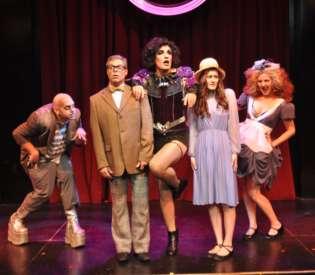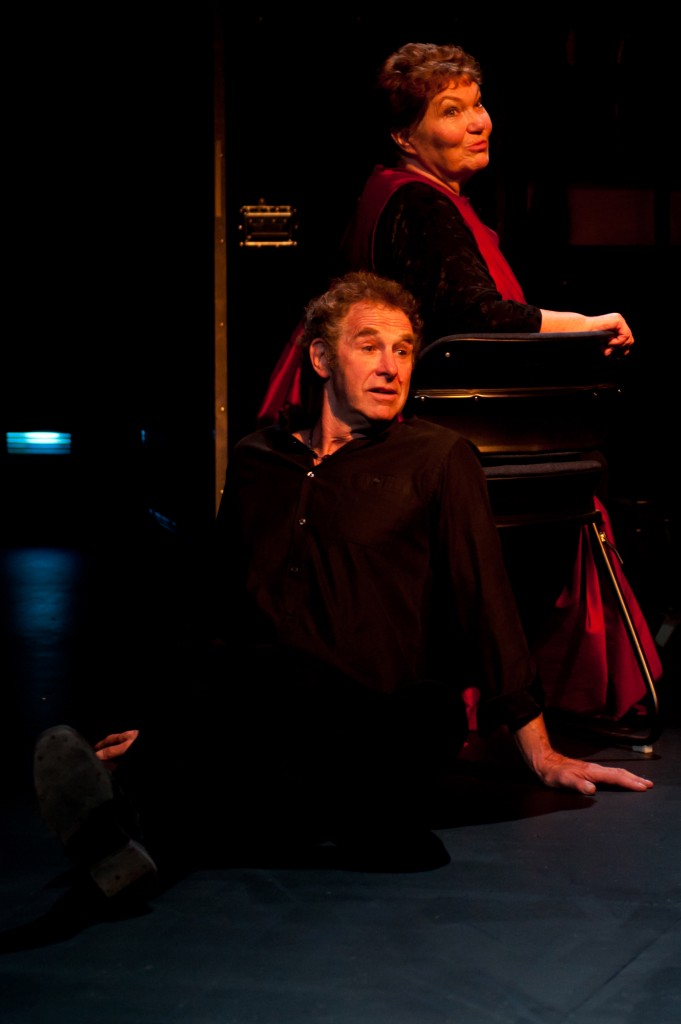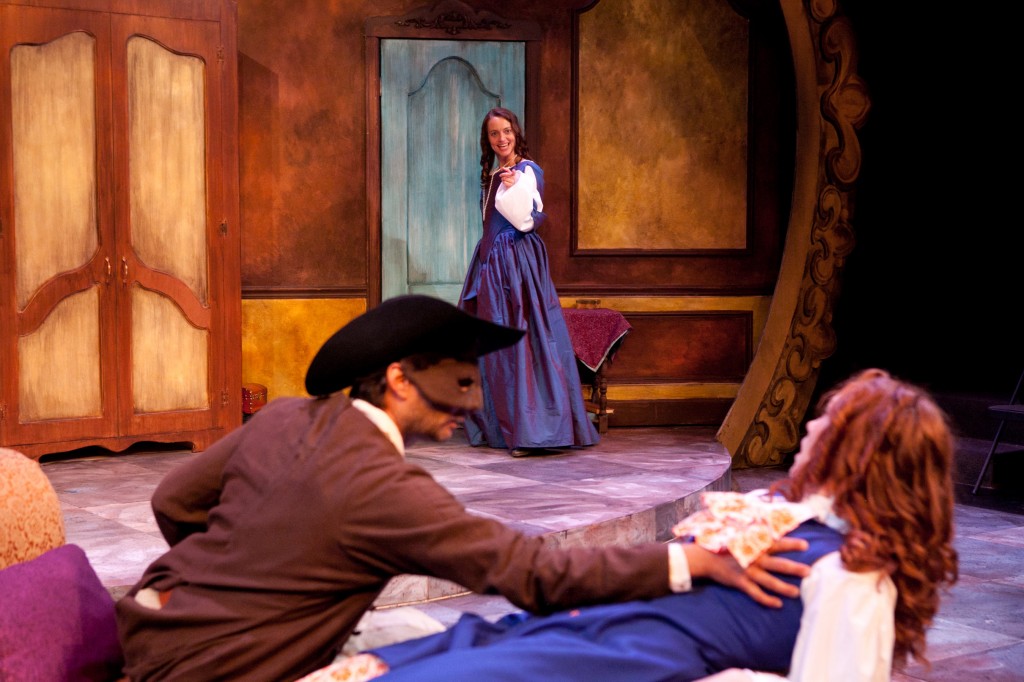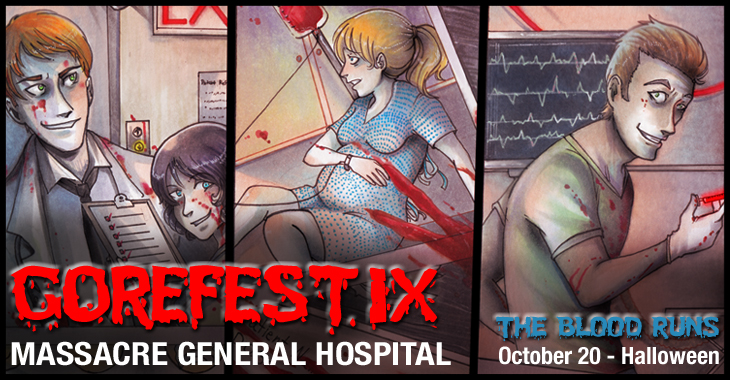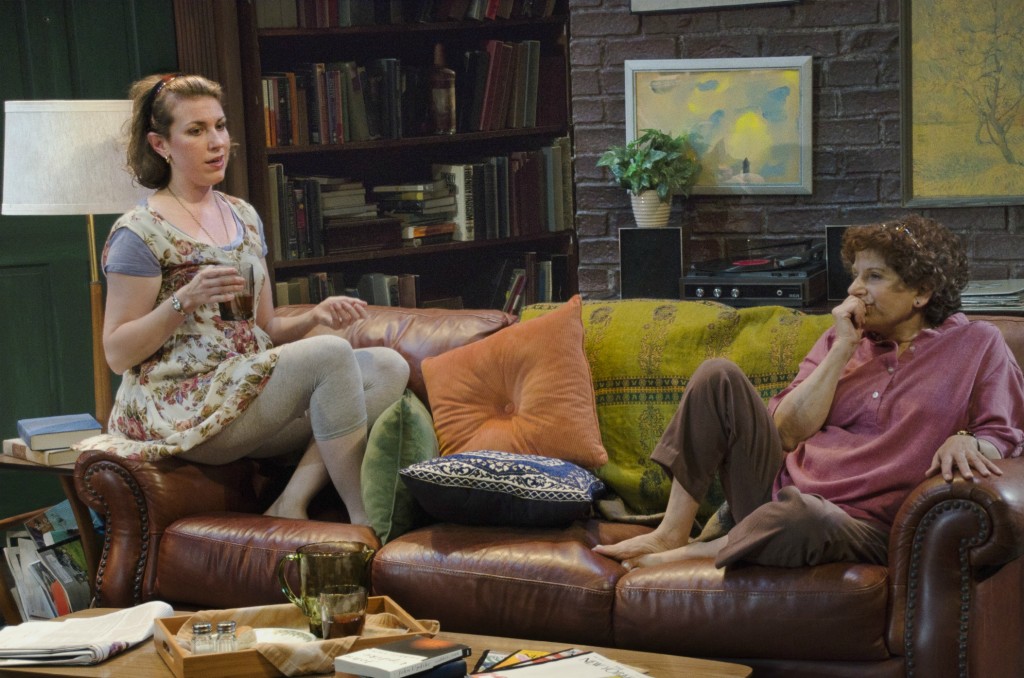
Boston Lyric Opera 2010/2012 Season. Puccini's Tosca. Floria Tosca (soprano Jill Gardner) makes a drastic decision to protect herself and her love from Baron Scarpia (bass-baritone Bradley Garvin). Photo by Jeffrey Dunn for Boston Lyric Opera © 2010.
Feature by Gillian Daniels, Interview with Julie House of the Boston Lyric Opera by Becca Kidwell
Opera remains one of the most intimidating arts of western culture. It’s a beautiful art, though, one where grand epics and tragedies are played out on stage and human stories are set to songs greater and better than the daily drudge of reality.
Yet much more widely embraced among North American theatergoers is the musical, opera that has evolved in the past hundred years with more speaking parts and often more contemporary settings. Musicals aren’t always lighter fair, but they are seen as more accessible than opera. Continue reading
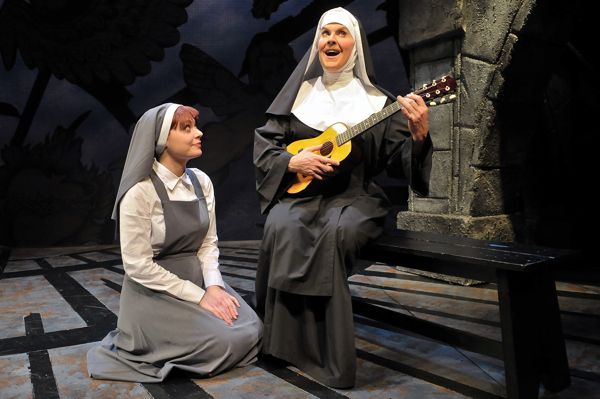
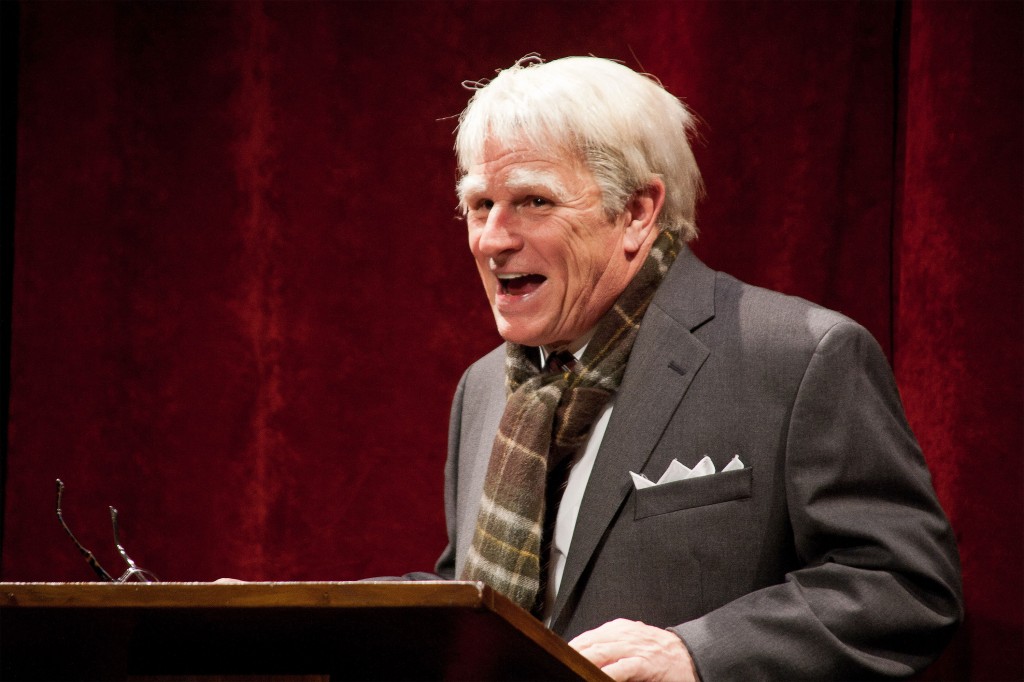

 The Phantom Tollbooth, based on the book by Norman Juster, book by Norman Juster and Sheldon Harnick, lyrics by Sheldon Harnick, music by Arnold Black,
The Phantom Tollbooth, based on the book by Norman Juster, book by Norman Juster and Sheldon Harnick, lyrics by Sheldon Harnick, music by Arnold Black, 